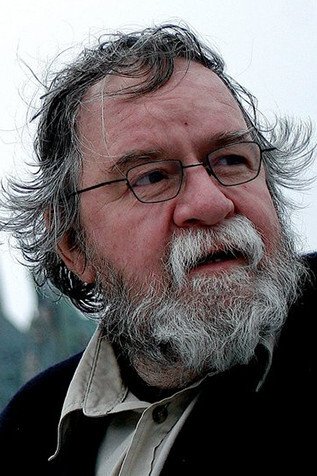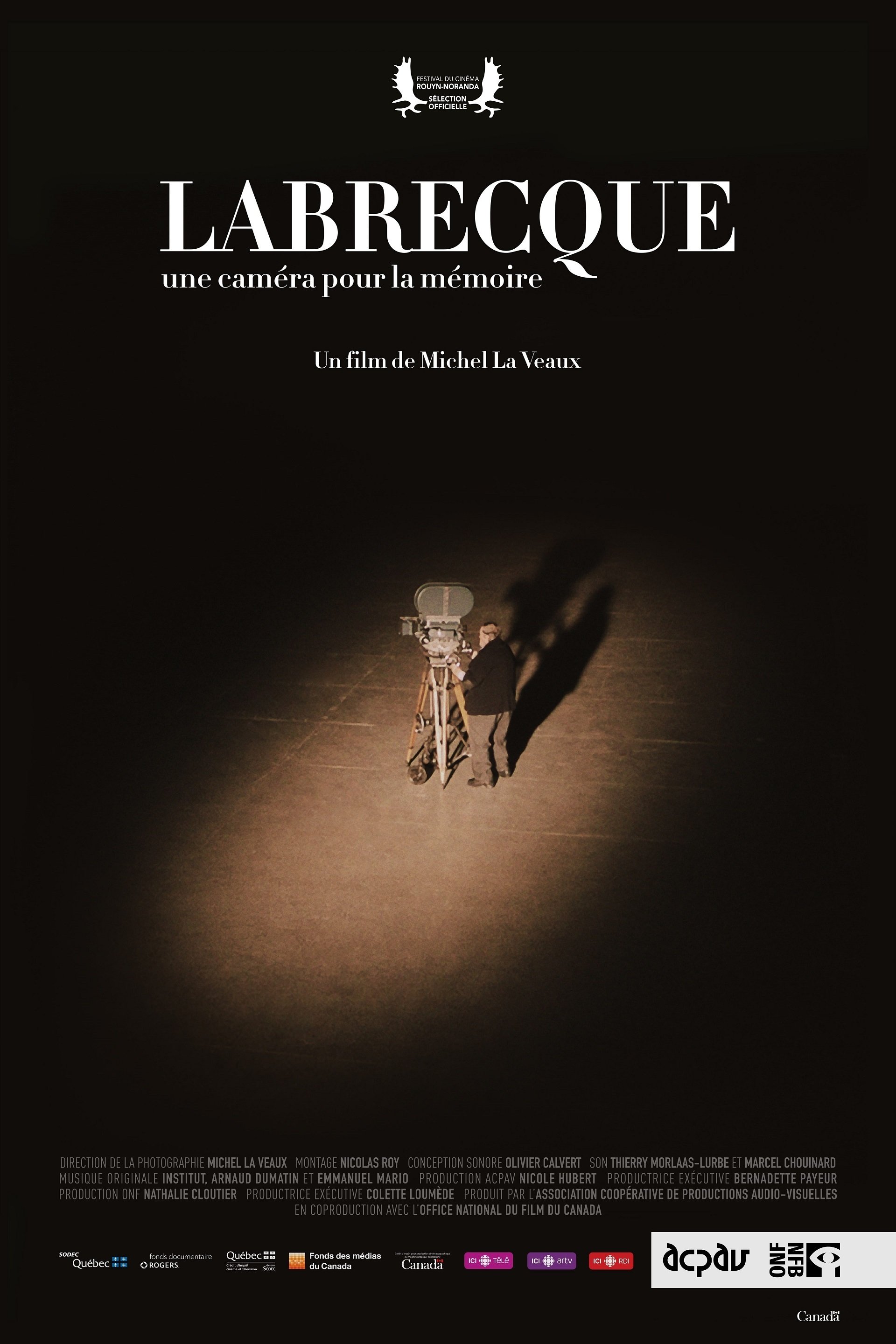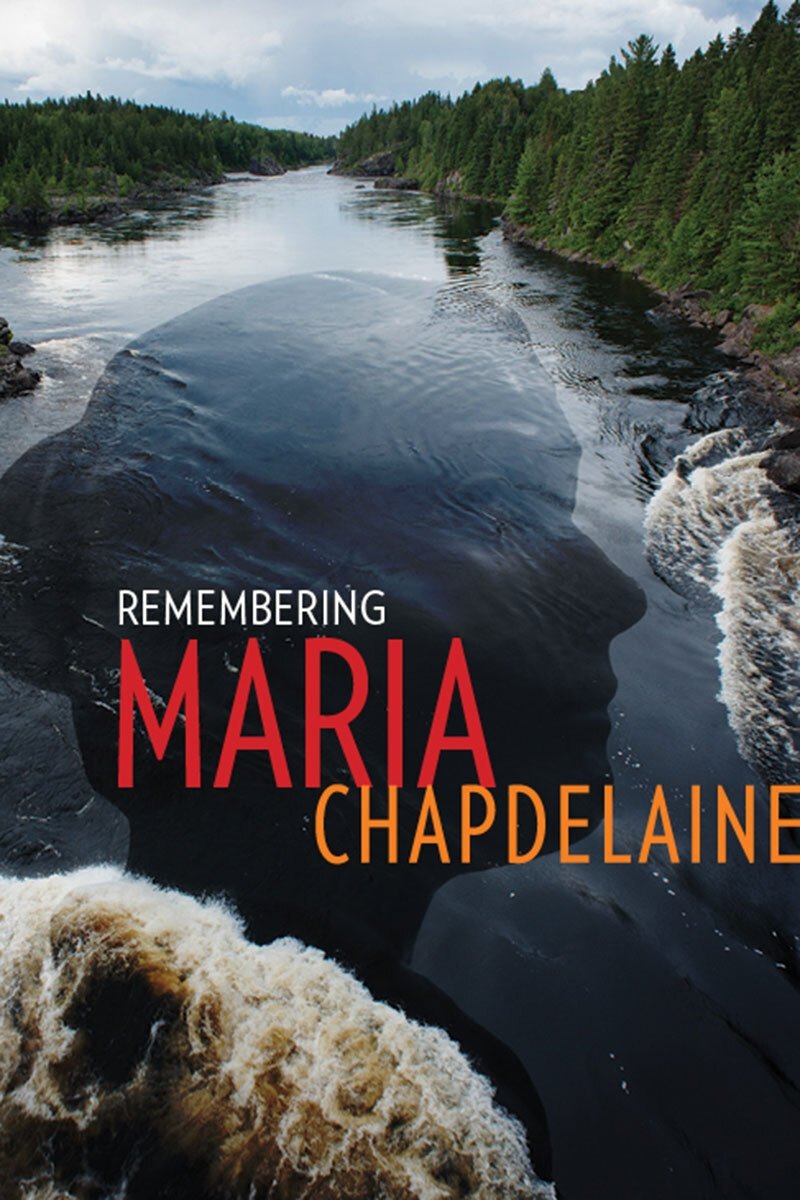

A genuine encounter with filmmaker Jean-Claude Labrecque, this feature-length doc underscores not only the importance of his work (especially in the documentary medium) but also his passion for film. The bond between Labrecque and director Michel La Veaux allows us to see beyond the images and discover the smaller story hidden within the larger one. La Veaux shares with us his own love for film and the humanistic perspective from which Labrecque has used his camera to etch the great moments of Quebec’s culture and history into Quebecers’ collective memory.

This feature documentary by Jean-Claude Labrecque recounts the bold and astounding enterprise of French filmmaker Julien Duvivier, who shot a film adaptation of Louis Hémon’s classic novel Maria Chapdelaine in Péribonka, a village in Quebec’s Saguenay-Lac-Saint-Jean region, in 1934. What was the impact of the original film’s production on the life of the community? What memories remain? What town secrets lie hidden in those memories?
Jean-Claude Labrecque, CM CQ (June 19, 1938 – May 31, 2019) was a director and cinematographer who learned the basics of filmmaking at the National Film Board of Canada. Jean-Claude Labrecque was born in Quebec City, Quebec, and trained as a camera assistant at the NFB. As a cinematographer, he shot many of the early key films of Claude Jutra (À tout prendre), Michel Brault (Entre la mer et l’eau douce), Gilles Carle (La vie heureuse de Léopold Z), Gilles Groulx (Le Chat dans le sac) and Don Owen (Notes for a Film About Donna and Gail, The Ernie Game). He turned to directing in 1965 with 60 Cycles, about a long-distance bike race on the North Shore of the St. Lawrence River, which has been described as a virtual encyclopedia of camera techniques. It won 22 international awards and was nominated for a BAFTA. He left the NFB in 1967 to set-up his own production company, although he continued to freelance with the Board.
By browsing this website, you accept our cookies policy.